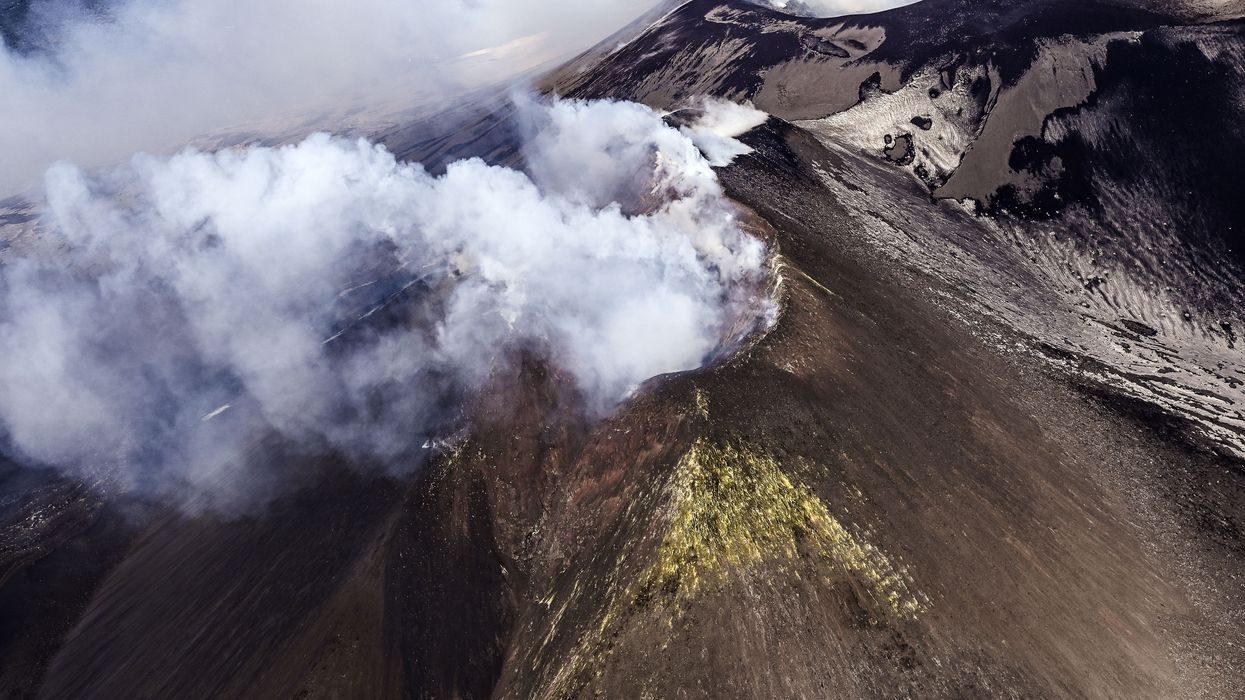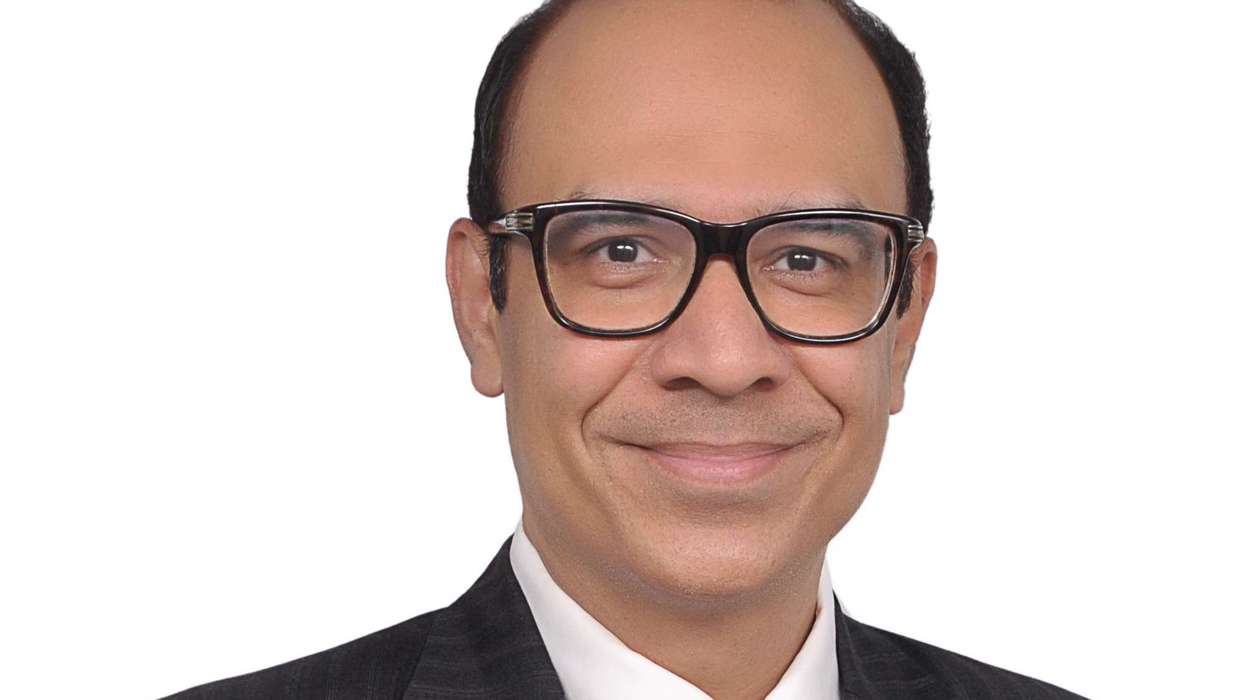Mount Etna, Europe’s most active volcano, is back in the headlines following another powerful eruption. Towering over the island of Sicily, it’s a geological force that never really rests. But why does Etna erupt so often, and what makes this volcano so unique? Here are seven facts that explain the science and significance behind its latest activity.
1. It sits on a tectonic hotspot
Mount Etna lies at the meeting point of the African and Eurasian tectonic plates. The African plate is slowly pushing beneath the Eurasian plate, a process called subduction. This constant movement fuels the volcano, allowing magma to rise and erupt regularly.
2. It has a complex magma system
Etna’s magma chamber system is vast and dynamic. There are multiple vents and fissures, making it unpredictable and capable of sudden eruptions from different sides. This geological setup makes the volcano both fascinating and dangerous.
3. Eruptions happen all the time
Etna isn’t just erupting now—it erupts frequently, with major activity recorded almost every year. Some eruptions are explosive, others are slow lava flows. In fact, scientists consider it to be in a near-constant state of activity.
4. Its craters keep changing
Etna’s summit has several craters, and their structure shifts with every eruption. These changes create pressure imbalances, which often lead to new fissures or explosive outbursts. This evolving landscape contributes to the frequency of eruptions.
5. It has a historical form
Etna’s eruptive history dates back more than 2,500 years, with written records by the ancient Greeks and Romans. The volcano has built itself up over centuries through layers of lava and ash, and it shows no signs of stopping.
6. It’s closely monitored 24/7
Italy’s National Institute of Geophysics and Volcanology (INGV) keeps a constant watch on Etna. Using seismic instruments, gas analysis, and satellite data, scientists can often predict eruptive phases, but even then, the volcano has been known to surprise.
7. Climate and rainfall can influence activity
Recent studies suggest that heavy rainfall or sudden changes in climate may act as a trigger for eruptions by altering underground pressure. While tectonic forces remain the main cause, these environmental factors can play a supporting role.
Mount Etna’s latest eruption is not unusual, but it is a reminder of how powerful and persistent this volcano truly is. As locals watch ash fall and lava flow, scientists continue to study what makes Etna one of the most active and intriguing volcanoes on Earth.





